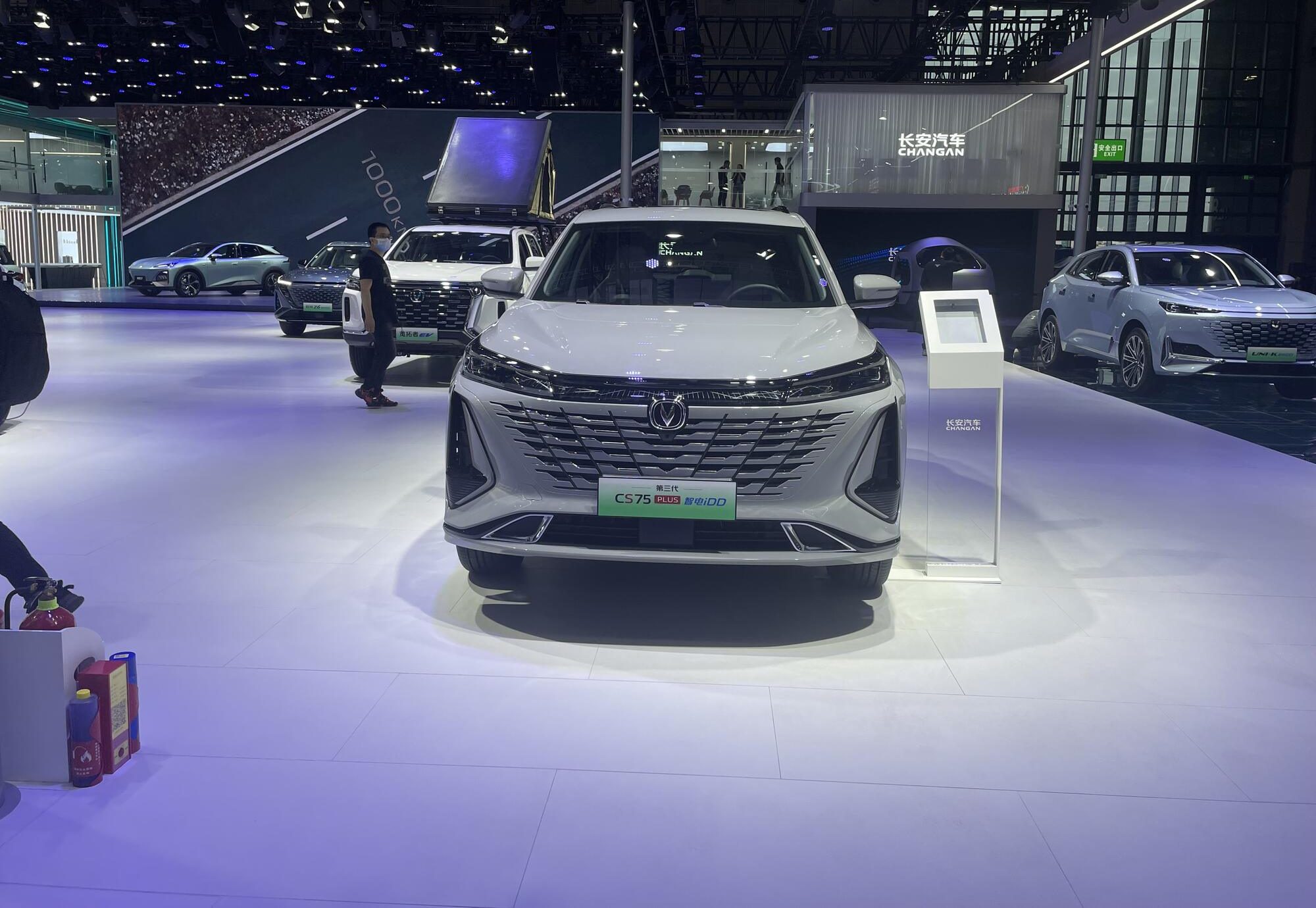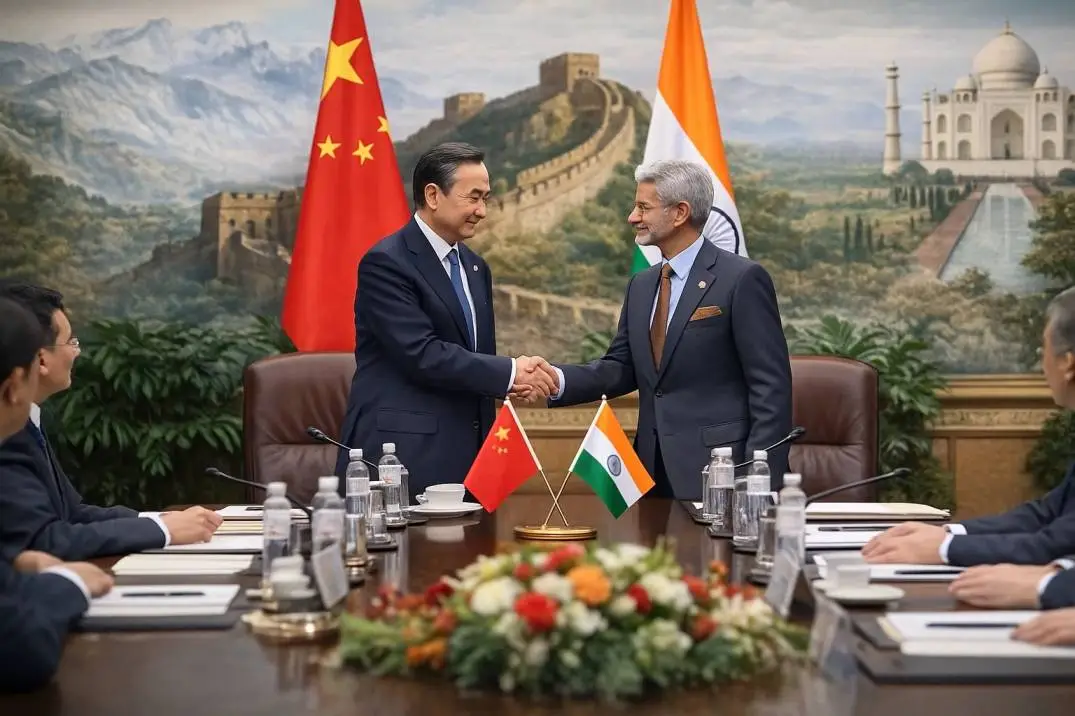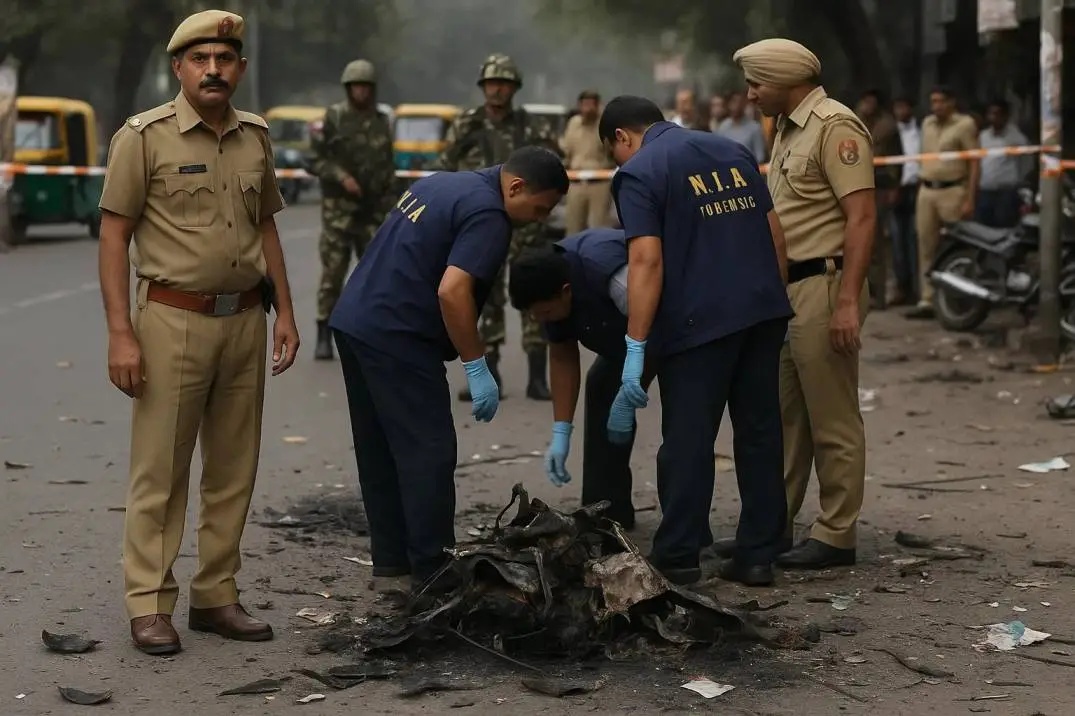
Changan to construct $242 m plant in Thailand as Chinese EV brands rush to SEA

China’s Changan Automobile on Tuesday signed an try-on with Thailand’s Board of Investment in Beijing to build a $241.7 million electric vehicle factory in the country’s coastal Rayong province, the latest minutiae by Chinese automakers to expand their reach in the global car market.
Changan’s move to Thailand: The announcement was made during the two-day Belt and Road Initiative Summit which ended Wednesday as the Chinese government celebrates the 10th year-end of its massive global transportation and infrastructure project in an effort to consolidate relations with Asian, African, and Latin American countries.
- The deal is part of an would-be plan by the state-owned manufacturer, moreover a Chinese partner of Ford, to sell 1.2 million vehicles annually in overseas markets by 2030, which would represent a fivefold increase from last year’s 250,000 units.
- The plant will consist of approximately 600 acres of land and is located in the Eastern Economic Corridor Special Zone. It will be worldly-wise to produce 100,000 units of shower EVs and plug-in hybrids annually once construction is completed next year and indulge remoter expansion to 200,000 units to meet demand.
- The carmaker expects the 8.8 billion Thai Baht ($241.7 million) facility to wilt a regional production hub from which right-hand momentum EVs will be shipped to nearby Southeast Asian countries, as well as Australia, New Zealand, and the UK, among others.
- Changan in April pledged to invest a total of RMB 4 billion ($550 million) in the facility in the next few years, equal to chairman Zhu Huarong, while planning its entry to Europe next year with an yearly sales goal of 300,000 units in the region.
Thailand, an emerging battlefield: Thailand, a premier trade wive of China, has been promoting the adoption of untried energy vehicles, currently offering each EV with a subsidy of up to 150,000 Baht withal with other incentives such as import tax reductions. It is positioning itself as a regional hub for EV manufacturing and has attracted investment from some of China’s biggest automakers.
- BYD last September revealed plans to establish a 17.9-billion-baht plant in Rayong with the country’s industrial manor developer WHA Group, which will have a maximum output of 150,000 vehicles annually and is scheduled for operation in 2024.
- SAIC, China’s biggest automaker, in April began constructing a 500 million baht component factory in the Bay of Bangkok, having produced MG-branded cars with local conglomerate CP Groups at a factory in Chon Buri with a topics of 100,000 units per year since 2014.
- Chery Automobile, China’s second biggest car exporter, is readying for entry to Thailand with an electric car model in the first half of 2024, while planning to establish a facility in the country, one of its strategic markets other than Malaysia and Indonesia.
- Great Wall Motor opened a factory in the country in mid-2021, which it uninventive from General Motors a year earlier, and can churn out up to 80,000 hybrid and electric cars annually. It has targeted a 50% yearly growth rate to sell 18,000 cars this year in the country, Nikkei reported.
- Aion, the EV unit of state-owned automaker GAC, began exporting cars to Thailand in August, SCMP reported, without reaching a partnership with local dealership Gold Integrate in June. The visitor said it would set up its regional headquarters in Thailand this year and squint to build a plant in the near term.
- Hozon in March broke ground at its first overseas plant on the outskirts of Bangkok. Mass production is set to uncork next January with an yearly topics of 20,000 units. Hozon’s Neta V was the country’s third best-selling EV model last month, and the startup aims to sell 10,000 units in Thailand this year.








